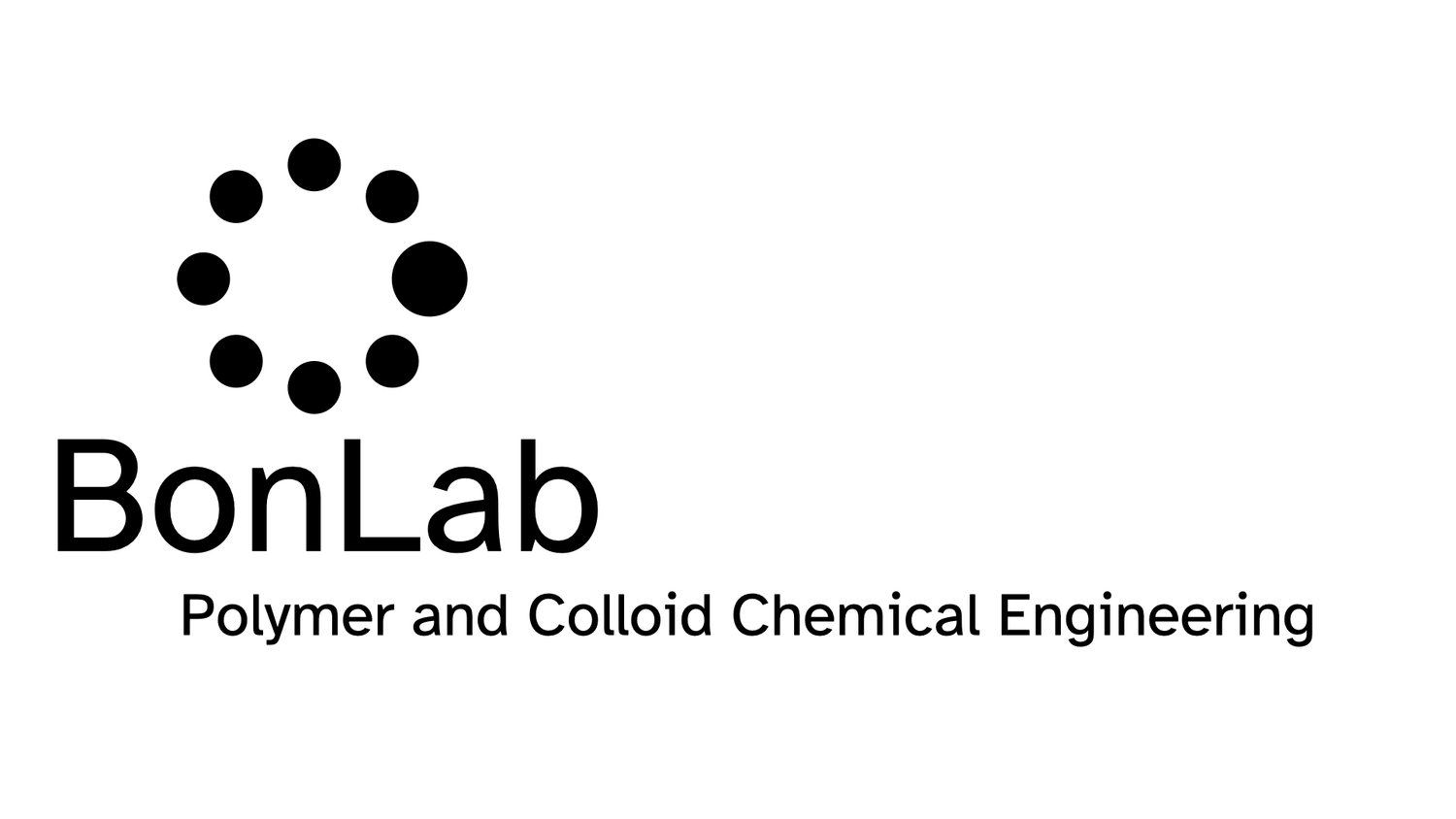£2.3M boost to revolutionize optical and mechanical metamaterials
Researchers from the University of Cambridge and the University of Warwick have secured £2.3M in UKRI funding to create materials with radically new optical and mechanical properties, that can be produced at scale and low cost.
The new funding will allow the multi-disciplinary team to push the boundaries of what is possible with metamaterials.
Optical metamaterials are special materials designed to control light waves in ways that natural materials cannot. These materials can bend, absorb, or reflect light in unusual ways, making them useful for a variety of applications.
With the Reconfigurable Nano-Opto-Mechanical Metamaterials (RENOMM) project, researchers aim to create metamaterials using nanoscale building blocks that can be self-assembled and disassembled for reuse at the end of their life.
This involves developing a new synthesis and scalable processing platform for 3D sub-micron sustainable materials. These materials will combine mechanical, optical, optomechanical, and other functionalities, opening up new possibilities for metamaterial applications. These include new sensors for health biomarkers, thermal switching films, or mechanical information processing.
The project seeks to disrupt existing approaches and capitalise on the UK’s strengths in 3D self-assembly. The goal is to develop 3D metamaterials (3DMMs) that can be produced at scale and low cost, enabling a wide range of new applications.
One of the key challenges for RENOMM will be to incorporate, for the first time, both mechanical bistability and nonlinearity into these new materials. It will also tackle fundamental questions about how to assemble and disassemble these structures at the nanoscale, and seek to unlock the new properties that emerge from this process.
“Mechanical metamaterials often break our intuition about what is possible with mechanics, but have mostly been at explored using large, centimetre-scale patterns. Making these patterns at the nanoscale is an exciting new frontier,“ according to Anton Souslov, Associate Professor in the Cavendish Laboratory and one of the Co-Investigators of RENOMM.
The project will involve collaboration between experts in physics, chemistry, and engineering, going beyond previous work that has focused only on macroscale mechanical systems and nanoscale 2D microfabricated optical devices.
All 3DMMs will be evaluated based on their materials’ sustainability and compatibility with low-emission, cost-efficient, and ideally circular manufacturing processes.
The core of the project is a close collaboration between researchers at the Cavendish Laboratory – (Professor Jeremy Baumberg, Professor Ulrich Keyser and Dr Anton Souslov – as well as the Department of Engineering with Professor Michael de Volder) and researchers at the University of Warwick’s Chemistry Department from the team of prof. dr. ir. Stefan Bon.
Prof. dr. ir. Stefan Bon, lead scientist from the University of Warwick, says: “The RENOMM project is a fantastic initiative that will bring together the forefronts of supracolloidal science, roll-to-roll processing, and bespoke bottom-up metamaterials design to mass-produce submicron-scale products with fascinating optical and mechanical 3DMMs features.”
RENOMM is an initiative sparking from MetaHUB, a pioneering new research collective, designed to spearhead the UK’s world leading, cutting-edge 3D nanoscale metamaterials science.
Original source URL: https://www.phy.cam.ac.uk/news/cambridge-team-receives-major-boost-to-revolutionise-optical-metamaterials/
